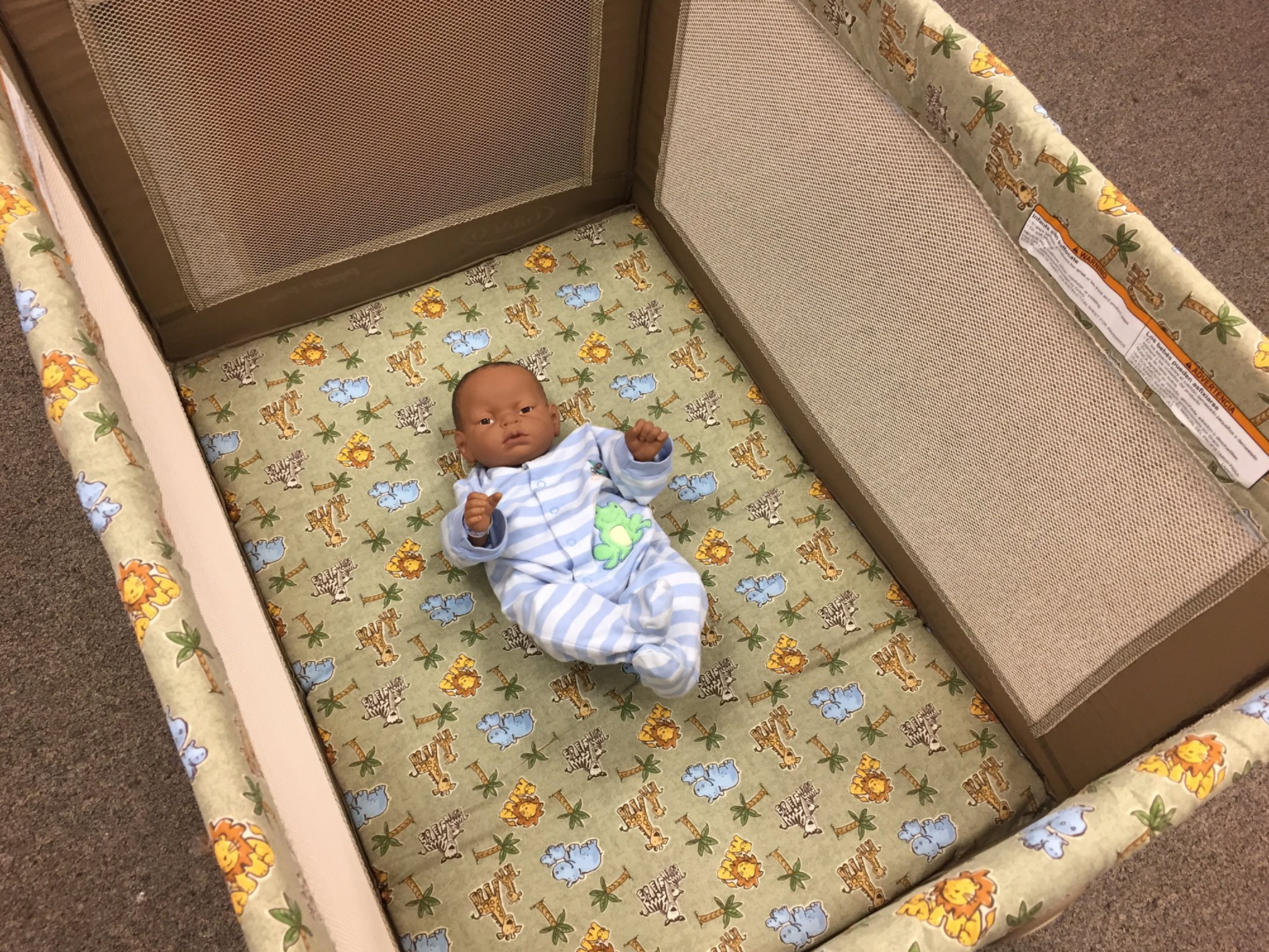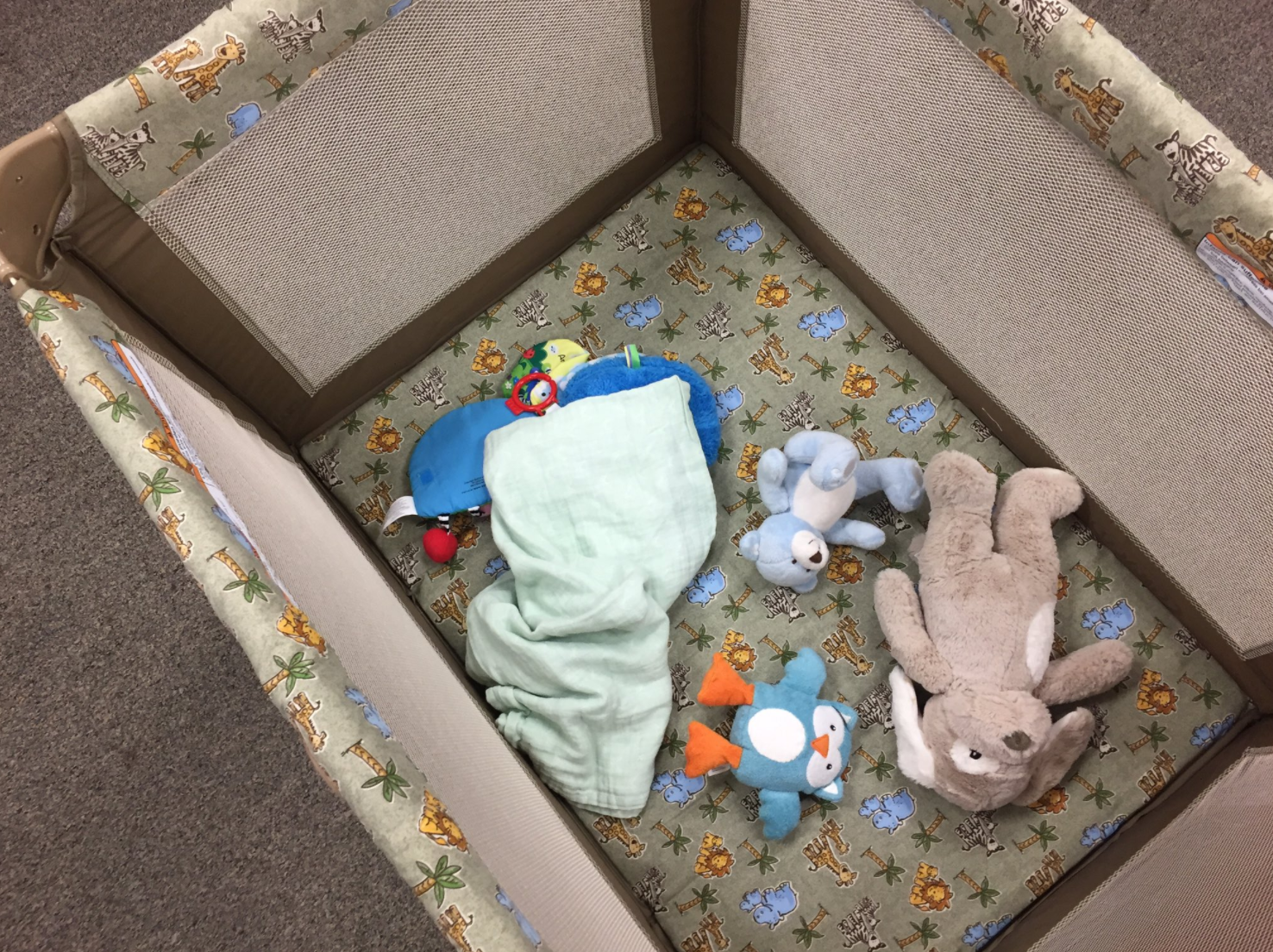Baltimore Health Officials Respond to Suspected Spike in Sleep-Related Infant Deaths
Wednesday Apr 12th, 2017
FOR IMMEDIATE RELEASE
BALTIMORE, MD (April 12, 2017) — Baltimore health officials today urged families to follow safe sleep practices in response to a suspected spike in sleep-related infant deaths. Despite back-to-back record low infant sleep-related deaths in 2014 (13) and 2015 (13), six babies have died in their sleep so far this year in Baltimore City. Baltimore previously experienced a record high of 27 infant sleep-related deaths in 2009.
In 2015, Baltimore City experienced the lowest infant mortality rate on record: 8.4 per 1,000 live births—a 38 percent decrease since the implementation of B'more for Healthy Babies in 2009. Major decreases in sleep-related infant deaths have greatly contributed to this drop.
“While we are proud of the progress we have made to reduce sleep-related infant deaths in Baltimore, we recognize that there is still much more to do,” said Mayor Catherine E. Pugh. “We must continue to collaborate with all committed partners across our city to improve the health of babies. I look forward to the day when everyone knows the A-B-C method to healthy sleep, just like they know the alphabet.”
In Baltimore, the second leading cause of infant mortality is sleep-related infant deaths, behind complications related to preterm birth and low birth weight.
Between 2009 and 2015, 115 babies in Baltimore died in their sleep. Almost every time (109 of 115), the baby was sleeping in an unsafe sleep environment. This includes babies who died while sleeping on an adult bed or a sofa, in soft bedding, on their stomach or side, or with heavy blankets or pillows in the crib.
The B’more for Healthy Babies initiative (BHB) is led by the Baltimore City Health Department, Family League of Baltimore, Health Care Access Maryland, and implemented with more than 150 partner agencies from the corporate, nonprofit, academic, philanthropic, and government sectors. In 2010, BHB launched the “SLEEP SAFE” campaign to encourage parents to put their babies to sleep following the A-B-C method, “Alone. Back. Crib. Don’t Smoke. No Exceptions,” which has led to a dramatic decrease in the number of infant deaths.
“Even one baby dying is one baby too many. We need everyone to help us spread the word about the ABCs of Sleep: babies should be put to sleep Alone, on their backs, in cribs, no smoking, and no exceptions,” said Baltimore City Health Commissioner Dr. Leana Wen. “As an expecting mother, I know that women receive all types of conflicting advice, so we want to be clear: we can save lives by following these simple, science-based ABCs of Safe Sleep. We have a moral imperative to ensure that families have the knowledge and resources so that babies can thrive.”
Efforts that have contributed to the strategy’s success include:
- Showing videos to every family in the hospital after a baby is born and in other places, like jury duty and medical waiting rooms
- Training more than 4,000 health and social services providers in Baltimore on the A-B-C method of Safe Sleep in order to educate patients and other clients
- Helping hundreds of low-income families access safe cribs
- Providing home visiting services to thousands of expecting mothers
- Engaging communities with community health workers who teach the SLEEP SAFE message in barbershops, public markets, libraries, health fairs, and door to door canvassing.
For help in getting a crib, or with accessing health services, contact HealthCare Access Maryland at 410-649-0526.
For more information about Safe Sleep resources available through B’more for Healthy Babies, please visit: http://healthybabiesbaltimore.com/parents-and-caregivers/safe-sleep
Example of a ABCs Safe Sleep Crib: baby is alone with no toys, blankets, or anything else in the crib that could harm it while sleeping.

Example of an unsafe crib not following the ABCs of Safe Sleep: toys, blankets, or other objects in the crib could harm the baby while sleeping.

